
Getting kids to do chores can be a challenge. Mostly because kids find them boring or there’s no incentive to do them. Children need to understand that as a family unit, they need to contribute to the functioning of the household. They also need to learn responsibility and accountability. Chores are a great way for children to learn both and to contribute to the family home. In addition to learning responsibility and accountability, earning an allowance for doing chores is a great way for them to learn money management.
Additionally, we have chore ideas for kids of various ages. We suggest that you choose several of our chore ideas for kids that you think are age appropriate for your children. Here’s our list:
- Take out the trash
- Manage recyclable items
- Sweep the floors
- Mow the grass
- Water the garden or flowers
- Walk the dog
- Feed the dog
- Bath the dog
- Load and unload the dishwater
- Pick up toys/Clean snack area
- Place crayons, books, and other items in designated area
- Place clothes in hamper
- Do family laundry
- Fold clothes in place in drawers
- Wash dishes in the sink
- Clean the bathtub and toilet
- Retrieve mail or newspaper
- Empty bedroom and bathroom trash cans
- Set the dinner table
- Clear the dinner table
- Vacuum floors
- Wash and vacuum the car
- Make snacks for siblings
- Pack school lunch for siblings
- Assist siblings with homework
- Babysit siblings when needed
- Drop off and pickup siblings from their activities
- Read siblings a bedtime story
- Take younger siblings to the park
- Rake leaves
- Bag leaves
- Wash windows
- Mop floors
- Clean garage
- Paint yard furniture, picnic table or fence
- Gather and stack firewood
- Sweep porch or sidewalk
- Run errands
- Trim shrubbery
- Weed garden/shrubbery beds
- Organize and maintain kitchen cabinets/pantry
- Take family’s folded laundry to bedrooms
- Make bed
- Strip bed for laundry day
- Iron clothing
Reward your children with an allowance and lots of praise. You can keep track of their progress with one of our 6 free chore charts below. Download your child’s favorite chore chart here.
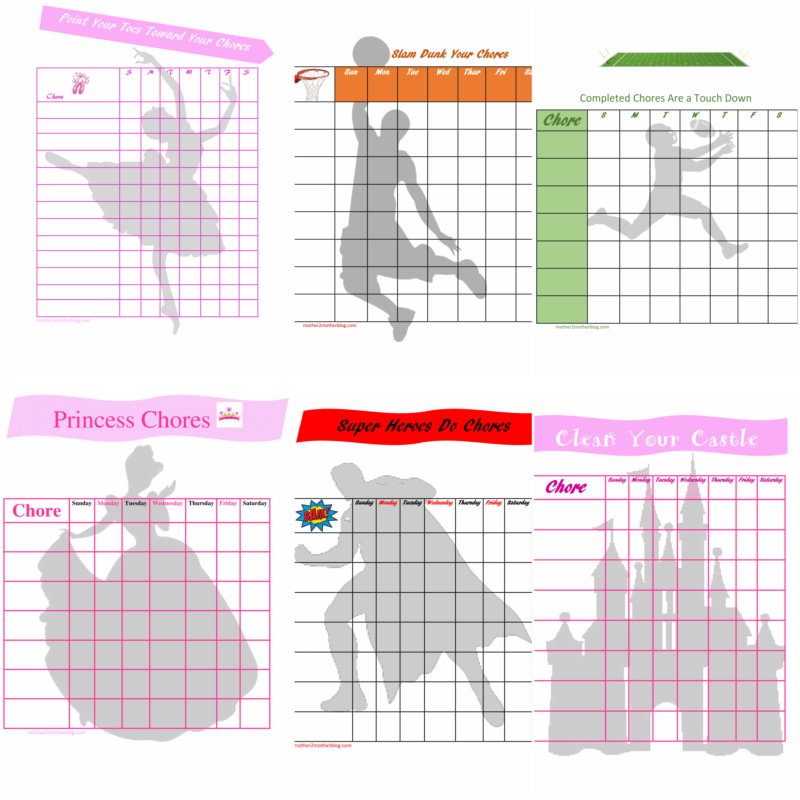
You an find the 45 Chore Ideas for Kids broken down my age here. Of course, some children are more mature than others so you can delegate the chores in your home as appropriate. Feel free to print it and share with other moms. We hope that you found our chore ideas beneficial.
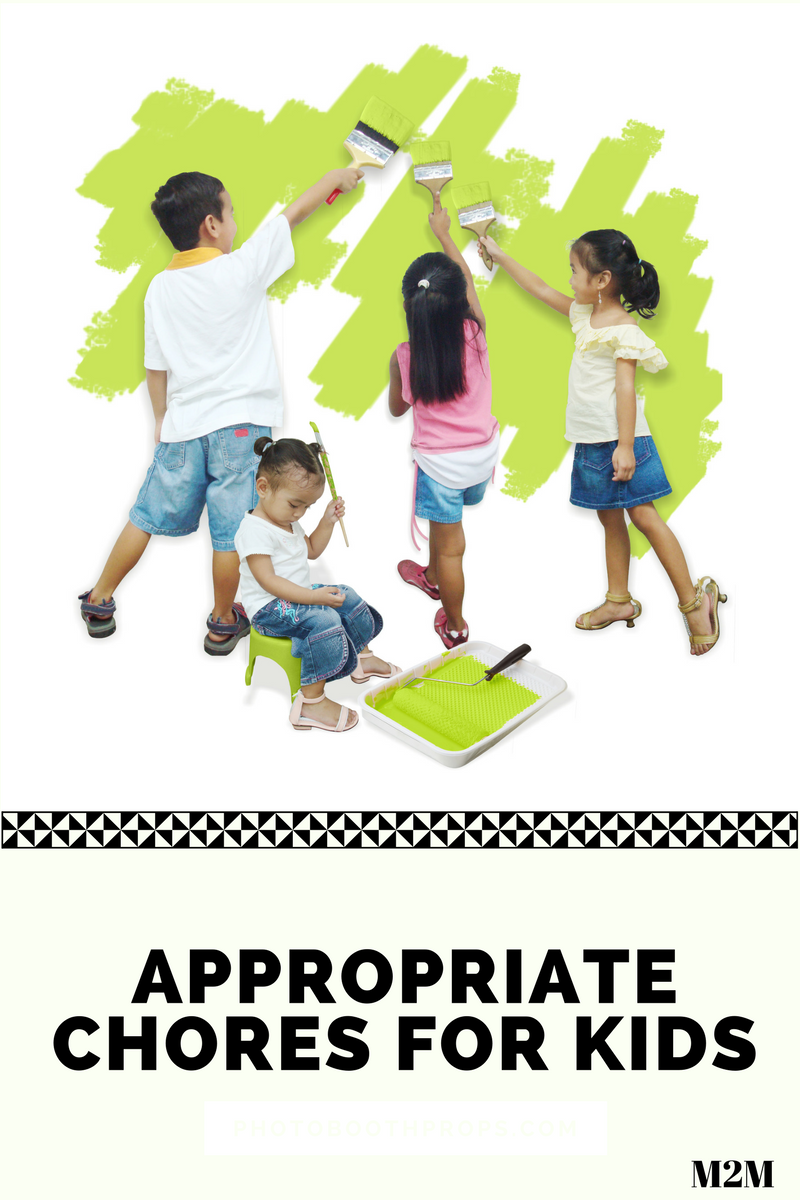
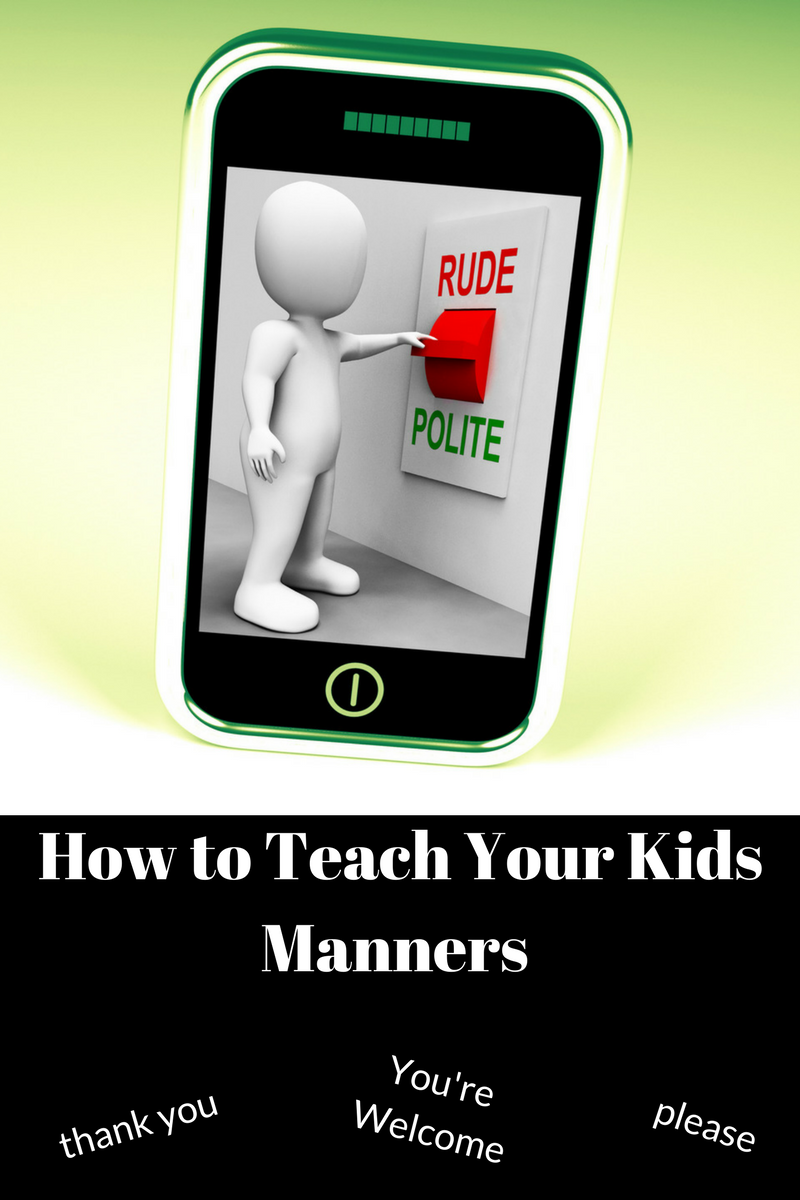


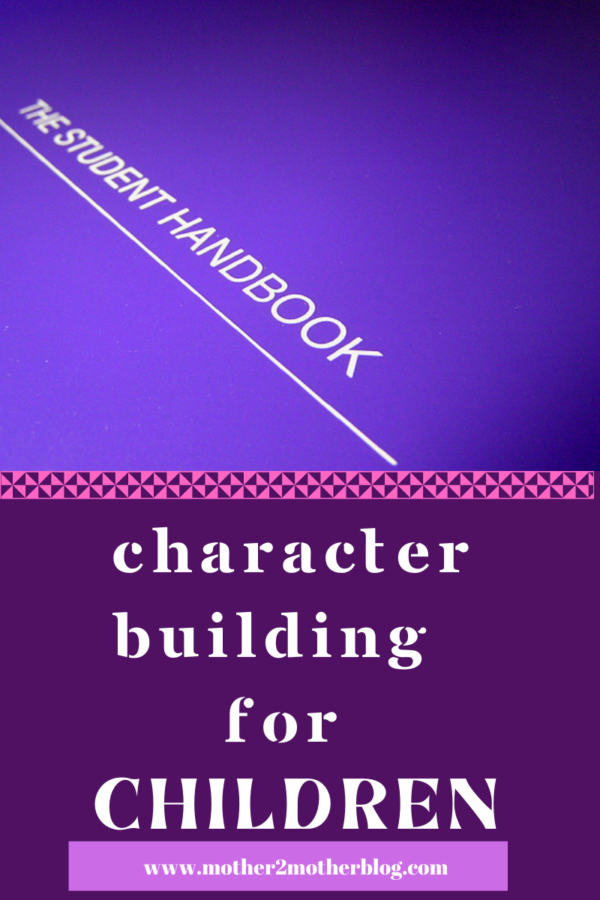

 Author Bio – Aradhana is from India. She is a veteran writer on topics concerning parenting, child nutrition, wellness, health and lifestyle. As a regular contributor to popular sites like Huffington Post, Natural News, Elephant Journal, Thehealthsite, Naturally Savvy, Curejoy and MomJunction.com. Aradhana writes to inspire and motivate people to adopt healthy habits and live a stress-free lifestyle.
Author Bio – Aradhana is from India. She is a veteran writer on topics concerning parenting, child nutrition, wellness, health and lifestyle. As a regular contributor to popular sites like Huffington Post, Natural News, Elephant Journal, Thehealthsite, Naturally Savvy, Curejoy and MomJunction.com. Aradhana writes to inspire and motivate people to adopt healthy habits and live a stress-free lifestyle.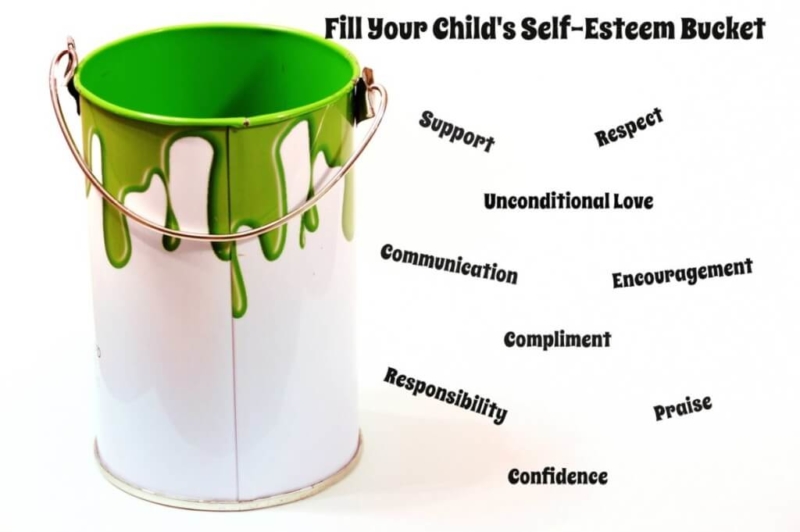


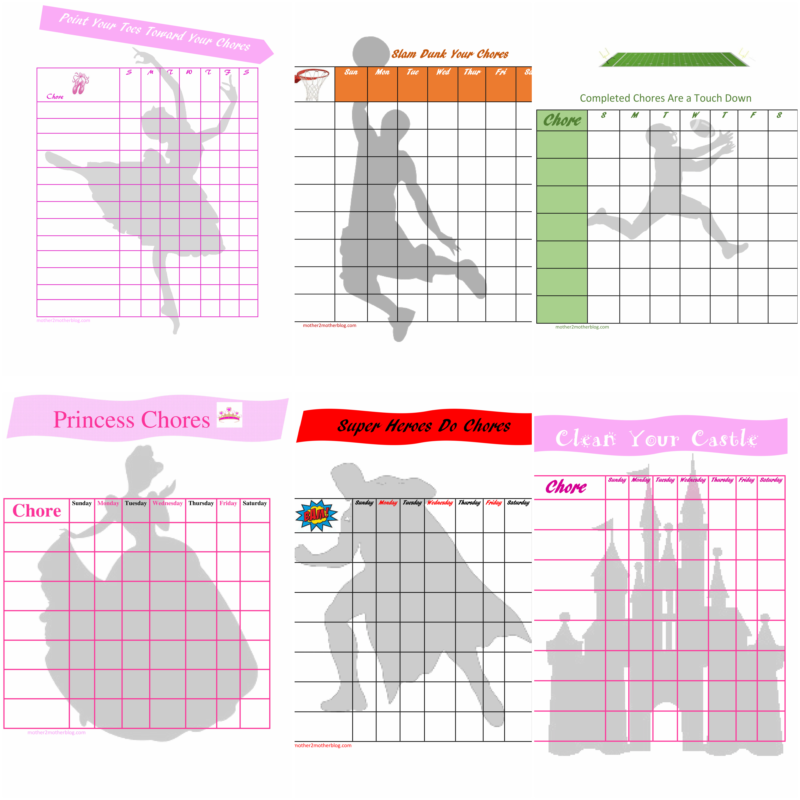 Next, download our children’s chore charts shown above
Next, download our children’s chore charts shown above 



